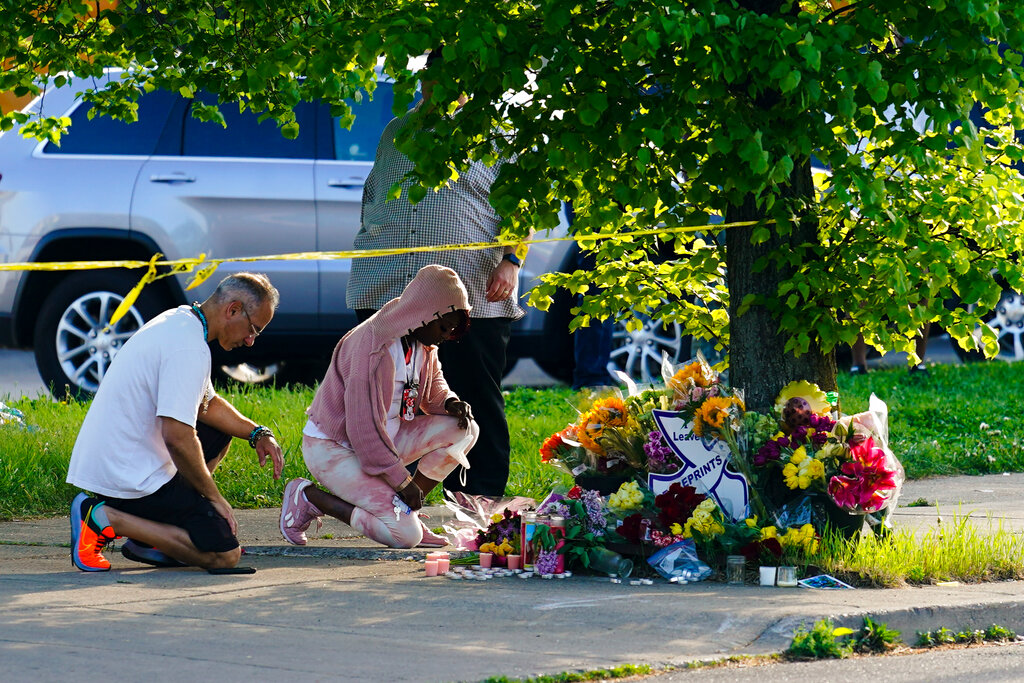In reaction to the racist mass shooting in Buffalo, New York, the House enacted legislation late Wednesday night bolstering government resources to deter domestic terrorism.
The near-party-line vote of 222 to 203 was in response to mounting pressure on Congress to confront gun violence and white nationalist attacks, a crisis that erupted after two mass shootings over the weekend. Rep. Adam Kinzinger, R-Ill., a member of the congressional committee investigating the attack on the United States Capitol, was the measure’s lone Republican supporter.
“We in Congress can’t stop the likes of (Fox News host) Tucker Carlson from spewing hateful, dangerous replacement theory ideology across the airwaves. Congress hasn’t been able to ban the sale of assault weapons. The Domestic Terrorism Prevention Act is what Congress can do this week to try to prevent future Buffalo shootings,” Rep. Brad Schneider, D-Ill., who first introduced the measure in 2017, said on the House floor.
The bill aims to avoid another incident like the one that occurred in Buffalo on Saturday, when an 18-year-old white male travelled three hours to carry out a racist, livestreamed shooting spree in a crowded supermarket, according to authorities. Ten persons were slain, all of them were African-American.
Supporters of the measure argue that it will close intelligence gaps between the Justice Department, Homeland Security, and the FBI, allowing officials to better track and respond to the rising threat of white supremacist terrorism.
Under current law, the three federal agencies already work to investigate, prevent and prosecute acts of domestic terrorism. But the bill would require each agency to open offices specifically dedicated to those tasks and create an interagency task force to combat the infiltration of white supremacy in the military.
The Congressional Budget Office estimates the bill would cost about $105 million over five years, with most of the money going toward hiring staff.


















